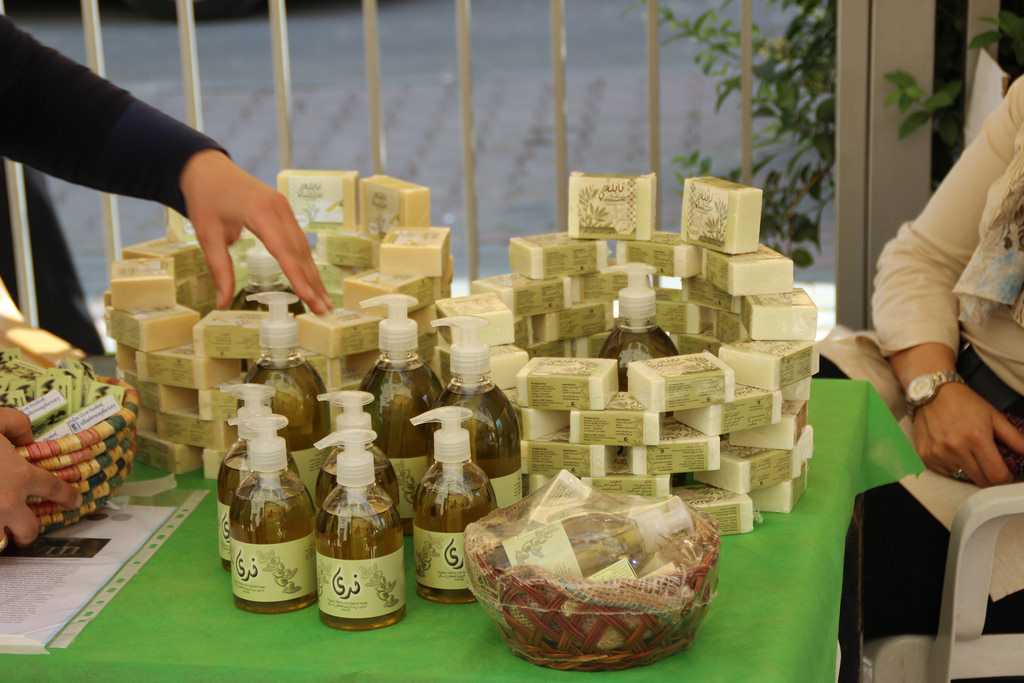By Claire Van Der Eems, Contributing Writer
I’m going to steal terminology and admit that I have discovered a veryinconvenient truth, especially given that I was at the mall this weekend. In a personal quest to understand the ins and outs of modern slavery and injustice, my eyes have been opened to how 25 percent off benefits my budget, but often comes with a cost to the hands that made it.
To put a complex reality simply, consumerism has created the demand for fast fashion. Have you ever wondered how the H&Ms and Urban Outfitters of the world display new, trendy, and affordable merchandise on the shelves every time you visit? Fast fashion. As you may expect, for the fast fashion model to work, someone must get the short end of the stick. Unfortunately, it’s working. As Bloomberg magazine stated, “H&M, among the largest buyers of ready-made garments in Bangladesh, has posted gross margins higher than 50 percent for the past 10 years. Rivals including Gap and Urban Outfitters never exceeded the low 40s during that time. That’s why much of the industry, including some U.S. chains, boarded the fast-fashion express for a lot of their clothes.”
The price (literally) of fast fashion means that manufacturing costs must be kept as low as possible. Clothing is outsourced and manufactured in factories overseas. These factories barely, or don’t at all, meet proper working standards and workers’ wages barely allow them to make a living wage. This may seem overgeneralized; however, I encourage you to research the realities of many factory conditions resulting from the demands of fast fashion. The reality we face is that the plaguing demands of consumerism have resulted in an unethical, impoverished and unacceptable lifestyle for the hands that crafting our clothing.
Fortunately, the issue of fast fashion and need for higher manufacturing ethics is rising on our social radar. Just last week, President Obama signed the Trade Facilitation and Trade Enforcement Act that eliminated a loophole, allowing much stiffer enforcement of laws to ban imported goods made by children or slaves. The cool thing is that, in the midst of a broken system and modern enslavement, there are alternatives. In addition to raising awareness about the need for ethical purchasing, you can be a part of embracing a slow fashion model. There are a growing number of ethically sourced and crafted goods on the fair trade market.
You may ask, “What about everything already in my closet? How do I afford purchasing ethical goods?” Great questions, and I am still (imperfectly) figuring out what this looks like in the midst of hip trends and tuition payments. Here’s my advice: begin the process and conversation centered around thinking critically about ethical purchasing. As you understand what taking action against this injustice looks like, here are a few ways to get started:
- Research. There’s only so much information that an opinion article can offer; however, I hope this is the launch of your own investigation to your role in the fair trade marketplace. Look into your favorite companies and understand their ethics. Check out the Fellowship 500 on ethicalfashionforum.com for alternatives.
- Buy Secondhand. Hit up the nearest Goodwill for sustainable alternatives. Buying secondhand is a great way to not participate in the demand for fast fashion. On the plus side, you’re recycling, it’s affordable and you’ll find unique clothes!
- Start Buying Alternatives. The way you shop should reflect your values. Gals, check out Sseko Designs and men, check out Brothers We Stand. Other great companies include Everlane, Krochet Kids, Good Cloth and Patagonia – just to name a few. Happy shopping.
- Live Simply. Although there are many ethical alternatives, I challenge you to invest in fewer things and being okay having less. Admittedly, this is difficult and stems from a posture of the heart. Living a simple life reflects the way of Jesus and is beautiful way to manifest peace and contentment in your life.


